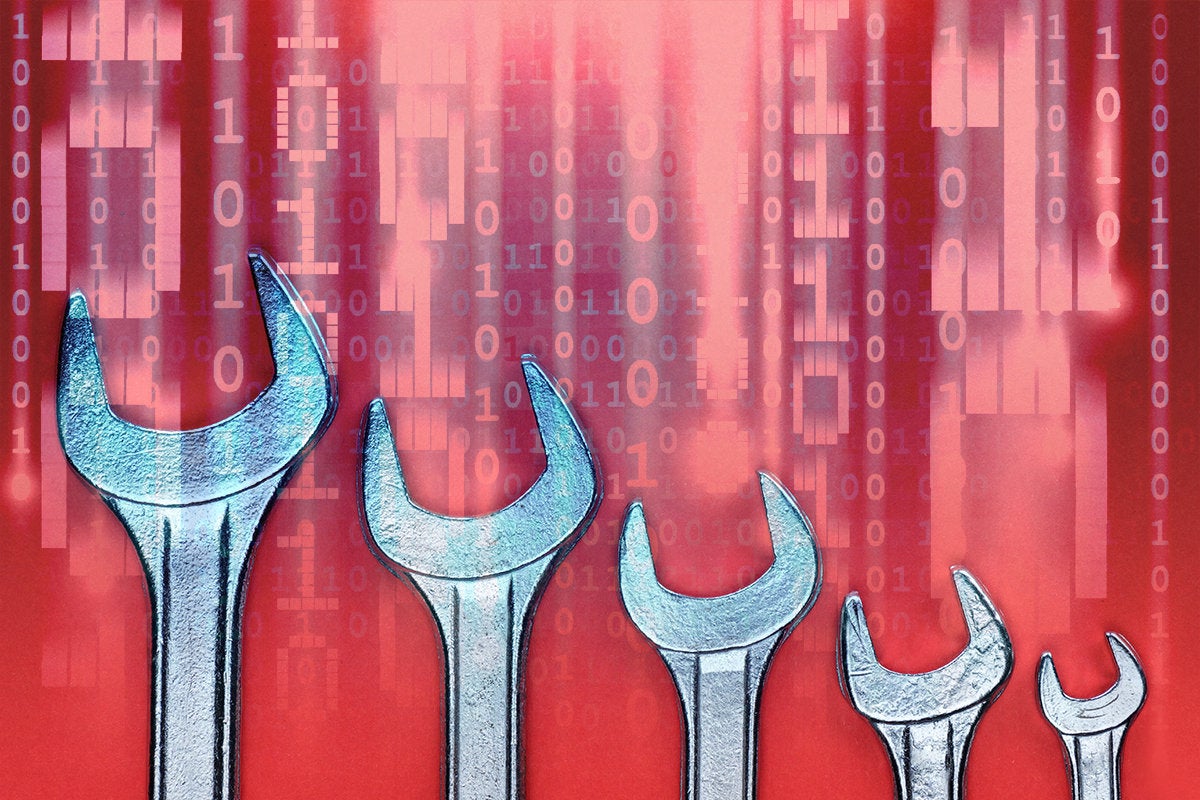AIops is becoming the new norm for operational tools supporting cloud operations. This technology can be applied to all types of operational tasks, providing intelligent automation that learns as it solves operational issues.
These tools must carry out preprogrammed self-corrective processes, and the AIops tools’ ability to learn during those processes creates a huge advantage. For instance, understanding that performance issues could be saturation caused by cyberattacks should kick off security processes to mount a defense. Or moving out of a performance threshold should automatically launch more resources to bring performance back to an acceptable range.
The number of things you can do with these tools increases each day, and it’s likely to be standard equipment for those of you deploying and operating multicloud.
Most important, AIops tools can deal with thousands of data points and make correlations that most humans would not make. Moreover, as they correlate these data points the tool itself is smarter—it knows what the information actually means and how to assist the cloudops team.
The trouble is that many products in this space are actually old technology made new. We’ve been using operational tools for years. Those tools were redone to support public clouds; now they have been rebranded as AIops tools with some built-in AI capabilities.
The trouble with this type of evolution is that it’s happening so fast, the tools are naturally going to take different approaches. Some are very data driven, capable of analyzing historical data; other focus on real-time monitoring.
Data-oriented tools look for patterns in the data—typically assisted by an AI engine—in order to find cause and effect. They get to the root cause of an issue without the cloudops staff having to cull through gobs of data.
Also, AI is leveraged in different ways. Some have pretrained AI systems within the tools, which means the tools comes with a predetermined amount of knowledge. Others focus on training from scratch. Each approach has advantages.
The bottom line is that AIops is still an emerging space, despite many vendors being more traditional technology players. Solution patterns differ from tool to tool, and thus you need to be more diligent to understand the basic functionality of the tools, as well as how to match your ops requirements with the proper offering.






